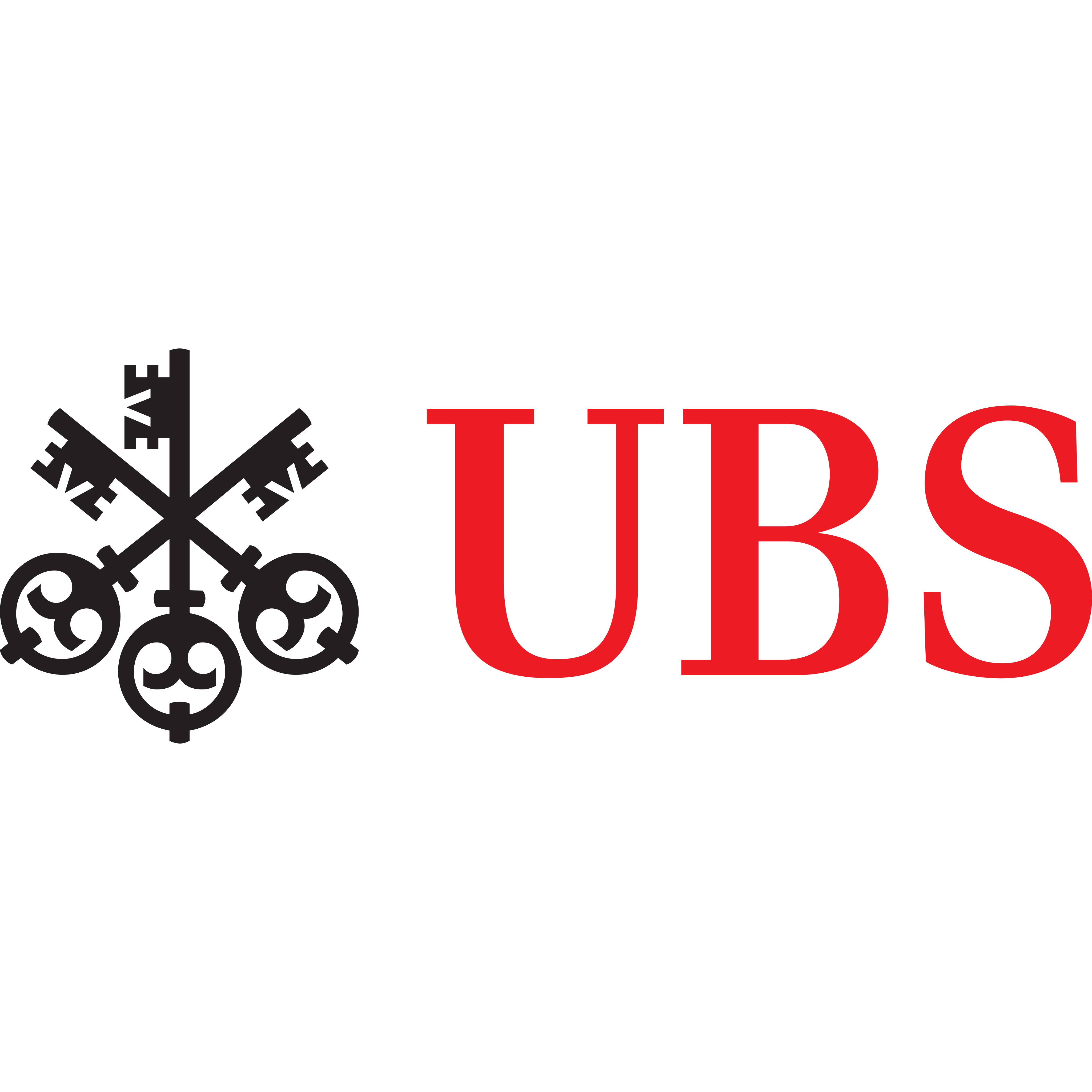The $260bn additional tier one (AT1) bond market could face “contagion” with a risk of “spill-over” into broader credit markets after Swiss regulators priced $17bn of the bonds to zero to facilitate UBS’s acquisition of Credit Suisse.
The decision on 19 March was made as part of a wider package of conditions – including a $107.8bn liquidity loan and CHF9bn grant – to reduce the financial burden on UBS of assimilating Credit Suisse businesses with its own.
AT1 or contingent convertible (CoCo) bonds are designed to convert into equity when the issuing bank falls below a pre-determined capital threshold or be entirely written down in insolvency or ‘unviability’ events.
CoCos were introduced after the Global Financial Crisis (GFC) in 2008 to add another rung to the creditor hierarchy ladder, where they rank below senior debt, total loss absorption capacity (TLAC) bonds and tier 2 capital but above equity.
However, UBS’s acquisition of Credit Suisse proved a precedent-setting event for the relatively untested junior debt asset. Not only were the bonds written down to zero while Credit Suisse capital buffers were above their pre-set trigger level but supposedly lower-priority equity holders are to receive a $3.23bn pay-out from UBS.
While there is expected to be a legal tussle over the seeming breach of creditor hierarchy, Credit Suisse’s AT1s – which paid a 9.75% yield, reflecting the higher risk they carried – state in their documentation that FINMA “may not be required to follow any order of priority” and AT1 notes “could be cancelled in whole or in part” before Credit Suisse equity.
The only other example of a European bank cancelling its CoCo bonds was Spain’s Banco Popular wiping out €1.37bn of notes in 2017, however, the bank’s equity was also wiped out, making the Credit Suisse AT1 event truly unchartered territory.
The end of post-GFC favourite for bank financing?
Goldman Sachs described the write-down as “the largest loss ever inflicted to AT1 investors since the birth of the asset class”. It poses potentially existential risks to the bonds with $900bn total issuance since 2012, around 80% of which was from European banks, according to Lazard.
Charles-Henry Monchau, CIO of Syz Bank, described the reversal of the bond-equity hierarchy as “an arresting development”.
“For equity holders to get ‘something’ and CoCo bond holders to get ‘nothing’ raises serious questions about the real value of CoCo bonds,” Monchau warned. “This is creating contagion risks on CoCos. There is also a risk of spill-over effect on global credit.”
Goodbody banking analyst John Cronin noted FINMA’s decision to effect the permanent write-down would likely see the market shut to new AT1 issuance for the time being.
Meanwhile, Peter Garnry, head of equity strategy at Saxo Bank, added last Friday that average AT1 yields had jumped to 12%, comfortably exceeding the return on equity and far above the bonds’ normal yield range of 6-7%.
“This means the AT1 capital market is, at this point, not a viable funding source for banks and thus common equity must be raised over time which will be dilutive for shareholders,” Garnry said. “The banking crisis is far from over and the impact on credit conditions and the economy will likely be felt over the next six months.”
The European Central Bank and Bank of England were quick to reassure investors that AT1s in other jurisdictions would only be written down once equity investors had absorbed losses.
“Holders of such instruments should expect to be exposed to losses in resolution or insolvency in the order of their positions in this hierarchy,” the BoE said in a statement.
Despite Swiss regulators working within the legal bounds of Credit Suisse AT1s’ documentation, the wipe-out will rattle investor confidence and act as a reminder CoCos pay high yields with the real possibility of being priced to zero – having been introduced to pass some of the burden of bank bailouts from taxpayers to investors.
Asset managers such as Invesco – which holds $370m of Credit Suisse AT1s across its products – will now be among the main casualties, with the $1.2bn Invesco AT1 Capital Bond UCITS ETF (AT1) falling 17.9% over the past month, as at 24 March.











